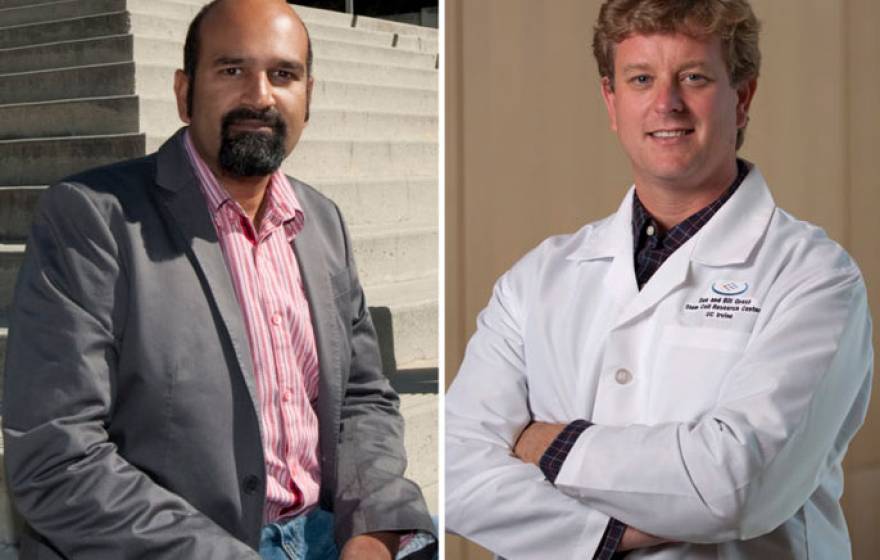It’s complicated, but for some patients, there’s reason to be optimistic about aducanumab, the treatment that made waves upon receiving FDA approval this summer.
How we sleep today may forecast when Alzheimer’s disease begins
Get some more sleep — deep, restorative slumber may defend against virulent dementia.
New blood test could make Alzheimer’s diagnosis easier than ever
A simple screen may soon be able to detect two common forms of dementia — Alzheimer’s and frontotemporal dementia — and tell them apart.
Exploring how lipids and cholesterol relate to Alzheimer’s
Though the motor proteins they study may be tiny, professor Jing Xu and her students could make a huge contribution to the study of the disease.
Escaping Alzheimer’s
One woman’s resistance to genetic, early-onset Alzheimer’s may hold the key to future therapies.
An alternate theory for what causes Alzheimer's disease
A unique neurological signature not previously identified in patients may provide a path to new, more successful trials.
Alzheimer's gene may impact cognition before adulthood
A new finding suggests a gene linked to Alzheimer's may also be associated with lower IQ scores in childhood.
What do dating technology and Alzheimer's have in common?
Artificial intelligence, developed around the same ‘swipe right’ approach we associate with dating apps, could vastly scale up Alzheimer’s research.
Artificial intelligence can detect Alzheimer’s disease in brain scans 6 years before a diagnosis
A machine-learning algorithm diagnosed early-stage Alzheimer’s disease using a common PET scan.
Deciphering dementia’s gender gap
UC Irvine researchers win grant to explore why Alzheimer’s affects more women.
Poor odor identification may be early warning for dementia
New study suggests olfactory testing might be a simple way to predict disease a decade before symptoms occur.
Alzheimer’s and concussion-related CTE may spread in the brain via common mechanism
Research is first to suggest that chronic traumatic encephalopathy is a prion disease.











